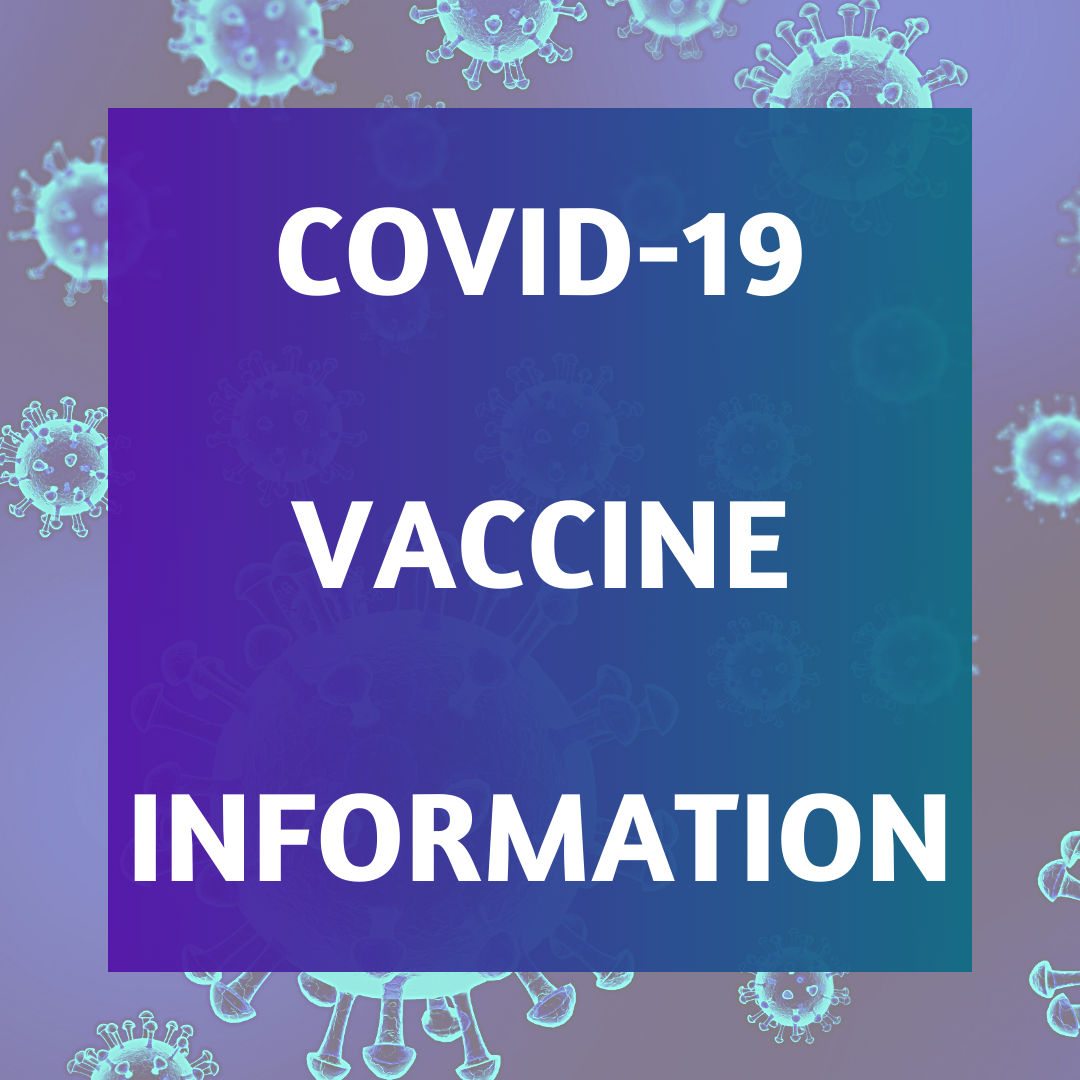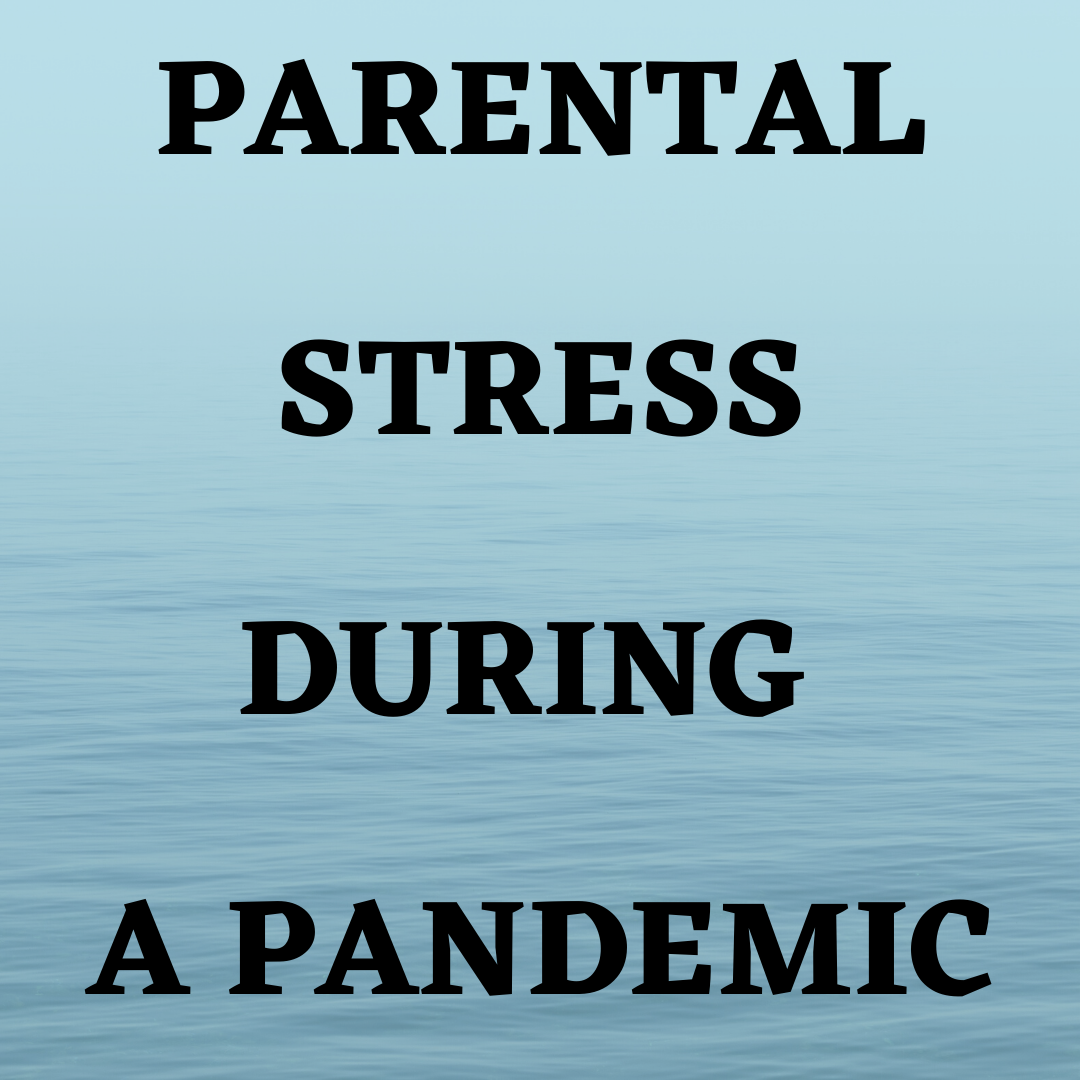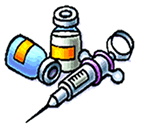The County of Alameda passed an EPR ordinance for sharps (PDF)* on 11/15/15. The ordinance requires producers that sell sharps in Alameda County to participate in a product stewardship plan for the collection and disposal of sharps. The ordinance went into effect on 12/18/15. By June 18, 2016 sharps producers must notify the County of their intent to participate in a product stewardship plan. Proposed product stewardship plans must be submitted to the County by December 18, 2016. More information is available on Alameda County Environmental Health's Safe Drug and Consumer-Generated Sharps Disposal webpage.
California Sharps Coalition
Senate Bill 486 Evaluation Team's Annual Report cards can be found here.
To read the drug companies plans on how they propose to safely manage sharps, click here.
Mishandled Sharps Pose Serious Infection Danger
In the United States today, more than three percent of the population are self-injectors. Eight percent of residences have a self-injector in them. These percentages are on the increase as the use of sharps-the medical term for hypodermic needles, lancets and anything that can penetrate the skin-shifts from the hospital to the home.
In Alameda County and across the State many groups in the community are impacted by the lack of a safe needle disposal program. Waste pick-up route drivers, landfill workers, recycling center workers, employees of hotels, health clubs, parks and recreation departments, transportation departments (Caltrans, BART, airlines and airports), janitorial workers, police departments, restaurants and laundry facilities often are confronted with needles in the workplace. The public has the same problem in that it is not uncommon to find used needles and syringes in parks, schoolyards and other public areas. Needle exchange programs take care of a subset of the self-injecting population but do not directly serve the needs of those who self-inject for medical reasons in the home, while traveling, exercising or eating out. - e.g.: those individuals with diabetes mellitus (DM).
Until recently, disposal of home-generated sharps - that is, any object used for medical reasons that are exposed to an individual's blood or body fluids; examples include needles, lancets, infusion sets - was unregulated by any state or county agency. Self-injectors could place used needles in plastic containers or directly into the trash if they don't have an appropriate container. Many people are unaware of the change in the law and will continue to throw their sharps away. The waste pick-up route drivers and the workers at the Materials Recovery Facilities (MERF) have a great risk of needle exposure. At these facilities garbage is received and sorted. Sanitation workers sort through the waste before it enters the landfill. "Once a staff person from the State Environmental Management Branch measured how frequently he saw needles on the MERF conveyor belt. In 20 minutes he saw two exposed needles; this is 'like dodging 6 bullets an hour'."
Some facts about sharps usage:
- Approximately 3% of the U.S. population self-injects; this means approximately 8% of homes in the U.S. include people who self-inject some type of medication
- Some 3.7 to 4.6 million patients with diabetes self-inject daily
- An additional 3.5 to 4.1 million patients with diabetes use lancets each day to check blood sugar levels
- Approximately 1.2 million people have hepatitis B - 10% become chronic carriers who will treat themselves by injecting interferon for four months or longer
- Approximately 3.9 million people have hepatitis C - 70% become chronic carriers who will need three injections of interferon a week for 18 to 24 months
- Intravenous drug use accounts for more than 13,000 new AIDS cases each year
- Other reasons to self-inject include multiple sclerosis, infertility, migraines, allergies, hemophilia, medications for pets, illegal drug users
Risks
- When sharps are disposed of improperly - tossed in the trash or placed in plastic containers and then thrown away - they can cause physical injury. These injuries can lead to the transmission of infectious diseases, which may result in death.
- Inside a trash can or bag, loose or containerized sharps can injure family members or inappropriately fall into the hands of children or people with substance abuse problems.
- Syringes flushed down the sewer system may end up on a beach or shore.
- Children who find syringes are at great risk of hurting themselves. They may not realize the consequences of a needle stick and fail to tell an adult of the injury.
- Millions of hepatitis B, hepatitis C and HIV infections have occurred to date from re-use of syringe needles. Many of these infections could be avoided if syringes were disposed of safely.
- Although the risk of actually contracting a disease from a contaminated needle may be low, needle sticks can be painful and inevitably cause a great deal of anxiety. Follow-up blood tests and prophylactic treatment are costly. Needle stick injuries can cost approximately $3,000 per sharps injury for follow-up tests and care even if no infection occurs, and up to $1 million in a case of serious infection.
- Among those who regularly encounter sharps disposal issues are: airlines, ambulance service, blood donor clinics, casinos, correctional facilities, dentists, diabetics, doctors, factories, fire and police departments, health nurses, home health care, hospices, hotels, industrial facilities, laboratories, nursing homes, paramedics, piercing studios, research labs, restaurants, convenience stores, schools, tattoo artists, veterinarians, home self-injectors.
The Solution
New steps must now be taken because many states (including California) have made it illegal for home injectors to dispose of needles and lancets in the trash. The solution lies in removing sharps from the solid waste stream entirely, but the cooperation of the pharmaceutical industry (who produces these injectable medications) is needed. That's why the Coalition, along with our partners in Alameda County are issuing a "consumer report card" that grades how well the drug industry is providing safe needle disposal options for their patients who inject their drugs at home. For more information about SB 486 or the Consumer Report Card, please call our Coalition Chair, Lara Sim at (415) 948-5674 or email her at lara@sharpscoalition.org.












